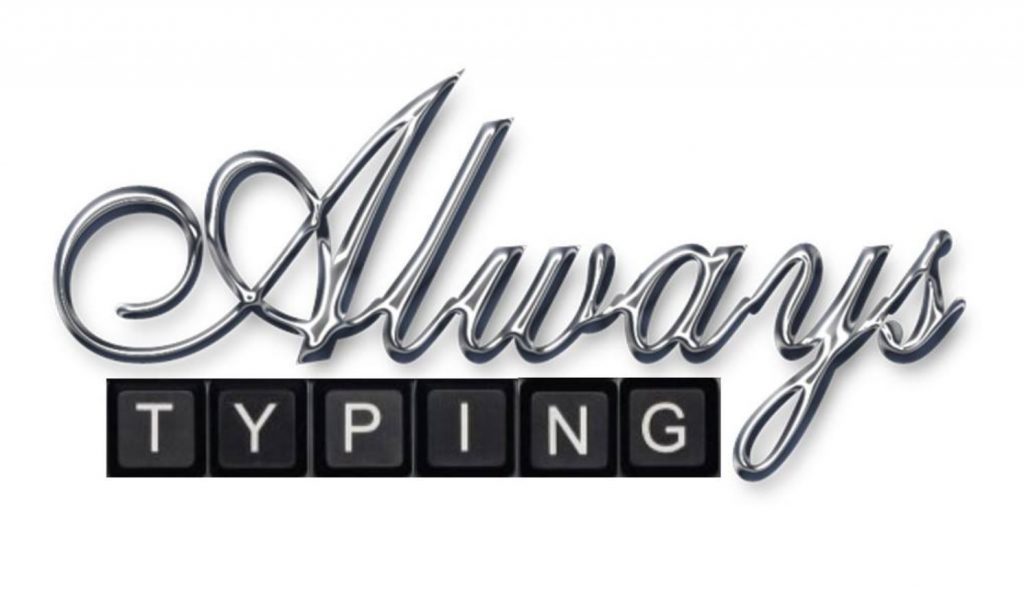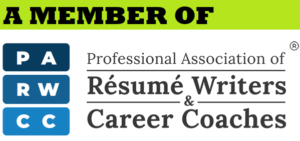Did you know that 81% of hiring managers will not hire a candidate that speaks badly of their former employer? Or that 76% will not hire candidates who are perceived as arrogant? There are tons of other reasons interviews go badly, so you must understand what not to do.
This article covers the most common interview mistakes. You’ll learn which mistakes job seekers seem to make over and over again. Also, you’ll learn how to save yourself if you did have a mishap.
Table of Contents
ToggleThe Most Common Interview Mistakes Job Seekers Make
No one is perfect, not even the recruiter, but some interview mistakes are easily avoidable. Your success hinges on performing some due diligence, including things like performing some research and setting the proper job search goals.
These are the most common interview mistakes to avoid:
- Arriving more than 15 minutes early
- Arriving late
- Being distracted during the conversation
- Dressing inappropriately
- Poor body language
- Getting too personal in your answers or questions
- Forgetting to send a thank you or follow-up
- Using your phone or not muting it
- Not researching the company
- Saying ‘No’ when asked if you have questions for them
- Not having answers to common questions prepared
- Speaking negatively about former employers
- Giving answers that are too short
- Being long-winded and giving too much detail in answers (Hint: use the STAR Method to answer questions)
- Appearing desperate
- Bringing up salary too soon or too late
- Failing to negotiate salary
Some of these seem like no-brainers, but they happen every day. It’s important to avoid letting your nerves get the best of you during an interview. With preparation and practice, you can easily ace your next interview.
How to Overcome the Biggest Interview Mistakes
The best way to avoid several of these mistakes is to prepare properly. That means dressing in an appropriate outfit, researching the company and the interviewer, and practicing your responses.
Perhaps you find that you’re running late for the interview. Be proactive about this mistake. Call the company and let them know – don’t wait until you’re there and start to make excuses. The key to overcoming interview blunders is to own your error, apologize, and find out what you can do to make up for it.
Sometimes the mistakes made are very offensive to the interviewer, and there isn’t much hope of recovery. In these instances, it’s best to thank them for their time, send a quick email, and move on to other job opportunities. The most important thing is to learn from your mistake, so it doesn’t happen again!
Should You Follow Up After Making Job Interview Mistakes?
Absolutely! Everyone makes mistakes. Following up with the interviewer shows you are still interested in the role and that you are a professional.
Not only does it put your name back in front of the hiring manager, but it also allows you to dispel any oopsies you made during the interview. Plus, emailing a quick thank-you note doesn’t take a lot of effort, so you don’t have anything to lose.
Tips on How to Avoid Mistakes
Following these tips will help you feel more confident in your job search and help you avoid the mishaps many people make.
Research the Company
The hiring manager has done their due diligence and looked through your resume and possibly your LinkedIn profile. You have to do the same. Occasionally, you can’t find the interviewer online, but you can find out information about the company.
The about section on the company’s website and the social profiles it has are great resources. Looking up articles to see if the company has made the news recently is another way to learn more about any major projects they may have coming up. You don’t have to know everything about the organization, but knowing the basics is a must if you want to impress your interviewer.
Review Common Interview Questions
Some common interview questions are asked by almost all interviewers. You can easily find an extensive list and then practice how you answer each. For example, most interviews have these questions:
- Why do you want to work for us?
- Why do you want this position? Or why are you a great fit for this position?
- What are your strengths (or weaknesses)?
- Tell me about a time when…
- Tell me about yourself
- A question about a specific problem and how you solved it
By putting in the effort now, you have answers for interviews to come, too. So, even if the one you are focusing on doesn’t work out, you are more prepared for the next.
Get a Professional Outfit
If you are looking for a job, you may be tight on money. There are career centers, thrift stores, and even some non-profit organizations that will help people get interview-appropriate outfits. You can do a quick Google search or ask around in your community for local resources.
Obviously, you can purchase a new outfit, if you have the funds. There are two types of attire–business casual and professional. For business casual, you’ll want a nice pair of slacks and a professional-looking blouse or button shirt. Professional attire is some type of suit.
Learn Interviewing Techniques
You may have heard about the STAR method. It is a great technique used for both the resume and the interview. With it, you shape your answers based on the following:
- Situation
- Task
- Action
- Result
This gives the interviewer a clear outline of what the problem was, what you were tasked to do, what actions you took to solve it, and what results happened from those actions. The STAR method makes your accomplishments more impactful so they stick with the hiring manager.
Get Your Resume Ready for Your Search Today
Now you understand common interview mistakes and what steps to take to avoid them. We hope this article helped you understand the importance of preparing for your next interview!
Before you start interviewing, you must ensure your resume is interview ready. A professionally written resume lands approximately 40% more interviews than other resumes. Contact us today or check out our services to learn more.



